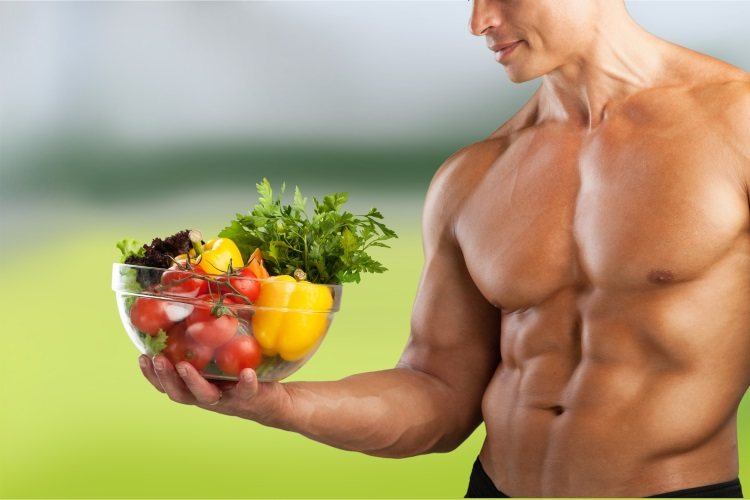Vegan sports nutrition: Is it a good idea? And if so, what should you look out for? The vegan diet has become a trend recently – even among athletes. The list of well-known vegan athletes is getting longer every year, as you can get your record list at slots online. The boxer Mike Tyson, the Formula 1 racing driver Lewis Hamilton and the runner Ruth Heidrich swear on vegan nutrition. Their argument: higher achievement could be obtained by vegan nutrition. But is that really true? And what should you keep in mind when you eat a vegan diet and do sports?
Individual sportsmen achieve large successes with vegan nutrition – however, that can be transferred still by far not to all. Because naturally, athletes differ depending upon the kind of sport, so training and body characteristics strongly differ. If you ask the German Nutrition Society (DGE) for an assessment on the subject, you end up with a position paper from 2019, which states:
Whether a vegan diet increases the risk of nutrient deficiencies or is associated with health and performance-promoting or -inhibiting effects can currently not be assessed due to the low prevalence of vegan competitive athletes and an insufficient study.
The DGE finds this; one does not know enough about it and speaks itself accordingly, neither clearly for nor against vegan sports nutrition.
THE ADVANTAGES
Nutrition – whether vegan or not – is enormously important for all sportsmen. It affects physical and mental efficiency. With food, we take energy from fats and carbohydrates, proteins and important micronutrients such as vitamins, minerals and secondary plant substances. However, many foods contain additional ingredients that do us more harm than good – (processed) animal products in particular usually fare worse here than plant-based products. The vegan diet, on the other hand, has health benefits:
The high proportion of plant-based foods can reduce the risk of cardiovascular disease, elevated LDL cholesterol, elevated blood pressure, type II diabetes, and for some cancers.
A balanced vegan diet contains high levels of antioxidants, vitamins – especially vitamins C and E – and a variety of slowly available carbohydrates. These nutrients can provide performance benefits as they support training, adaptation, and recovery.
Often a vegan diet – especially for athletes – is additionally associated with other health-promoting behaviours: Conscious nutrition, non-smoking, low alcohol consumption, and higher physical activity.
For many vegan living humans however their own health or efficiency is not the most important reason for their lifestyle – but the desire to protect animals, the environment and the climate. Because here vegetable nutrition has clear advantages. Donalies also points this out: “A vegan diet, even in sports, can possibly score better in terms of sustainability.”
DISADVANTAGES
In addition to the advantages of plant-based sports nutrition, however, there is also a difficulty: The disadvantage can be that with a vegan diet in general and also in sports, you have to pay a little more attention to the supply of potentially critical nutrients. Due to the limited food choices, vegan athletes have a higher risk of being undersupplied with certain nutrients. Nutrient deficiencies can impair performance and, in the worst case, even endanger health.
Vegan athletes should therefore keep an eye on their supply of proteins, vitamins B12 and B1, B2 and B3, iron, zinc, calcium, iodine, selenium, vitamin D and the long-chain n-3 fatty acids EPA and DHA.
WHAT YOU SHOULD CONSIDER
The vegan diet can therefore have many advantages for athletes due to a high proportion of unprocessed and high-quality plant-based products. At the same time, vegan athletes have a higher risk of not taking in enough important nutrients. It makes a difference, however, whether you do sports recreationally or professionally.
SUFFICIENT DRINKING
For all athletes: Sufficient drinking is essential for health and performance – but the fluid requirement is individual and can vary greatly. Therefore: Pay attention to your body.
Tip: Your feeling of thirst and the colour of your urine are helpful guidelines – if you have a balanced fluid intake, it should be light yellow. For more extended physical activity (more than 1.5 hours), it is also recommended to use drinks containing carbohydrates and sodium.

